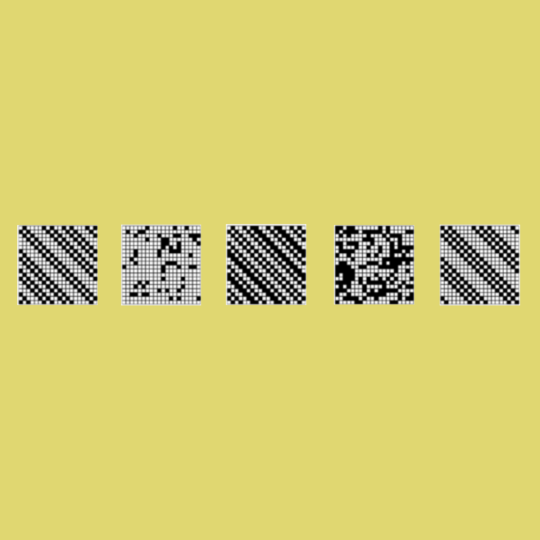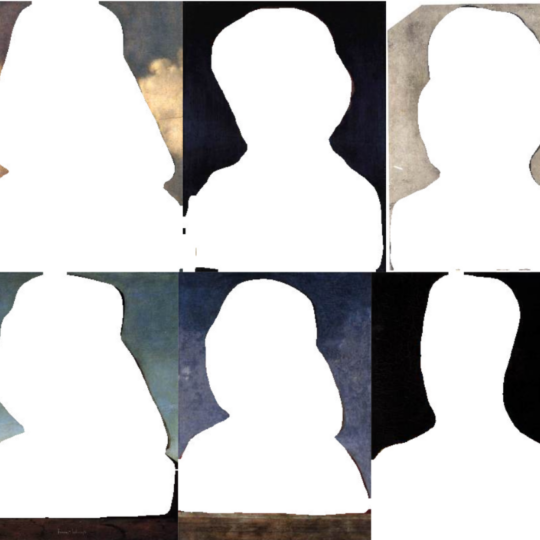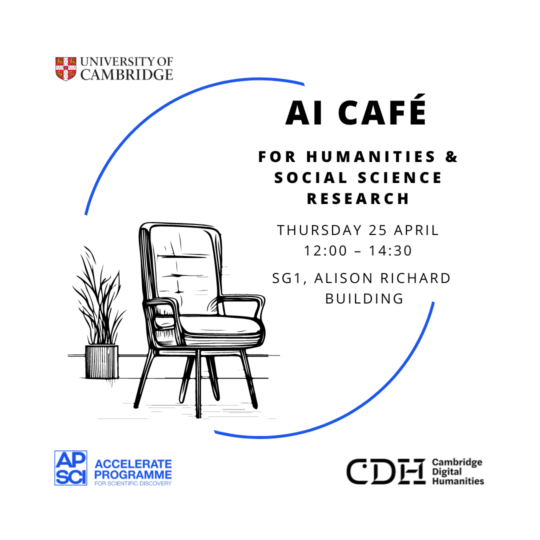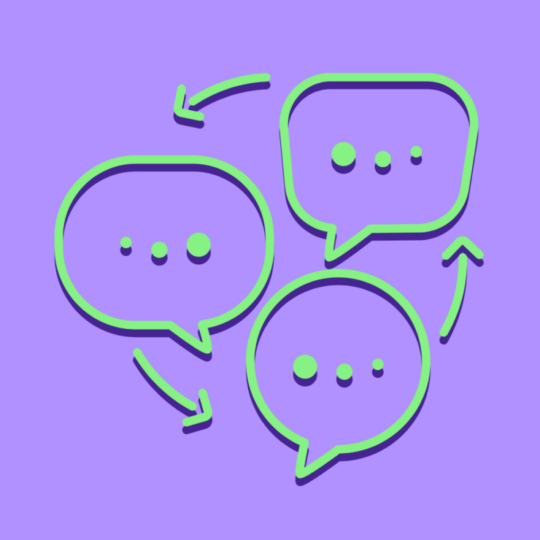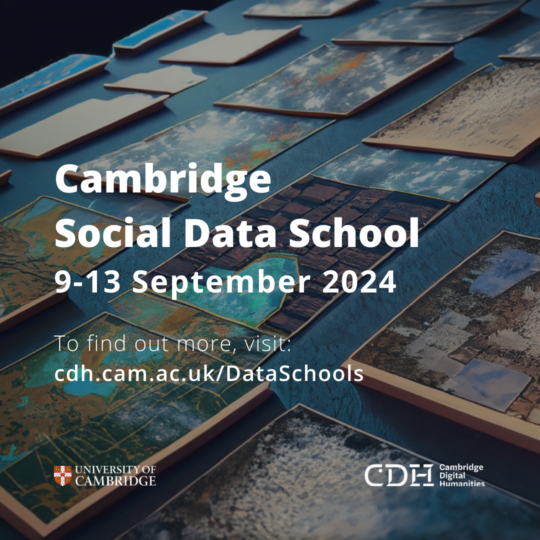| 16 Nov 2011 | 12:00pm - 2:00pm | CRASSH Seminar Room | |
- Description
Description
Torsten Reimer, Programme Manager for JISC's Digital Infrastructure programme, speaks at the Digital Humanities seminar
Abstract
Over the last two decades, a computer and access to the internet have been added to, or in some cases even replaced, the standard tools of researchers and teachers in the humanities. With the increasing availability of digital content as well as seemingly abundant computing and network power, there is now a chance to make use of “big data” to counter “big science” with “big humanities” – or, in perhaps even more cases, a somewhat different “small humanities”. In order to fully unleash the potential of digital technologies, the humanities need a research infrastructure suited to new ways of working. Using concrete examples of innovative work in this area, I will argue the case for the humanities to reclaim lost ground by embracing the opportunities of the digital revolution. This will also have to include thinking about some of the challenges and looking back at lessons learned through digital humanities activities over the past five years.
About the speaker
Torsten Reimer has been involved with scholarly use of digital technology since he started studying modern history at the University of Munich in 1997. At the Munich history department, he worked on a range of pilot projects in areas such as scholarly communications, electronic publishing and digital history. While still a student, he co-founded www.historicum.net, a leading Germany history portal, and a peer-reviewed online review journal for history. After finishing his Ph.D., Torsten moved to London to work for an AHRC funded network on digital research methods in the arts and humanities based at the Centre for Computing in the Humanities and founded www.arts-humanities.net. After a position at the Centre for e-Research at King's College, Torsten joined JISC in 2010 as a Programme Manager in the Digital Infrastructure team. JISC is the UK’s expert on information and digital technologies for education and research and supports universities and colleges through a range of activities, services and funding programmes. At JISC, Torsten is responsible for projects funded under the Research Infrastructure Programme. This strand of work deals with the development of, and the support for, information and computing technologies to facilitate all phases of research processes and includes projects such as the National Grid Service, the National Centre for Text Mining and a range of pilot projects in cloud computing. Torsten also co-manages the Research Tools Programme that incorporates work of the Virtual Research Environment Programme.
The seminar is free and open to all, but please register for a place by clicking on the link at the right hand side of the page. If you would like further information about the event contact Dr Anne Alexander, (Co-ordinator of the Digital Humanities Network).

